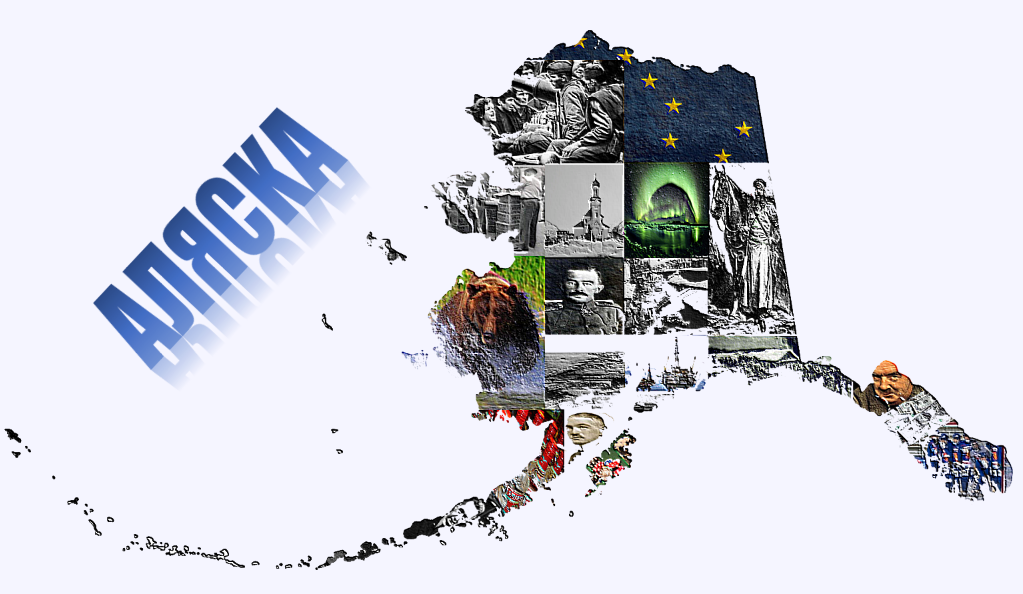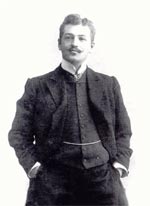Introduction

The countries that almost were
-
ALYASKA
Ante scriptum : I hope I've not mispelled the name in cyrillic on the picture.
So, why "the countries that almost were" ?
This TL is part of a project on a series of focuses on countries that could never existed but could have. Alaska is the first one, and should success be met, I would then follow on by one of a Dutch Formosa.
My objective is to bring these countries under your eyes from the POD to the modern day.
For this TL on Alyaska, the outline is roughly complete, albeit with some holes (some periods are full of details, other are uneventful or still to fill). If you want some teaser and discussing the TL, you can read the outline of an early version, no longer actual since reworked but still close to the current version, on this link: https://www.alternatehistory.com/Discussion/showpost.php?p=9978191&postcount=23 .
When I began, I wanted to focus on the history of Alaska in a world that doesn't change much from OTL, excepted over Alaska, to make its world familiar to any reader, to make him thinking that it looks like if that country actually existed in our reality.
The way I use is not properly to speak of totally ignoring butterfly effect, of which I admit no being a big fan, but a trick: the surface of things looks like OTL, but if we look deeper, differences accumulate.
This is what I call the ''Inertia Effect'', a phenomenon that competes with Butterfly Effect to keep things close to OTL.
Thus, while the epicenter of the TL is Alaska, we would see the different evolution of bordering region, a difference becoming noticeable during the Prohibition era and will have important cultural consequences such as Bandy becoming a popular sport on the West Coast and in western Canada.
I've not yet fixed the form of chapters, so they could change, but I think following a chronological succession of periods with incursions into other periods for related topics.
As summer holidays will begin for me within a week or two, I should be able to update regularly.
The first update would be a kind of prelude with the point of divergence explained.
Read and enjoy.
Post Scriptum : Being not a regular follower of sportive competitions, I am in troubles over my writing of the alternate development of bandy (I've big lines for the early years, but not much more). I would much appreciate help.
Last edited:



